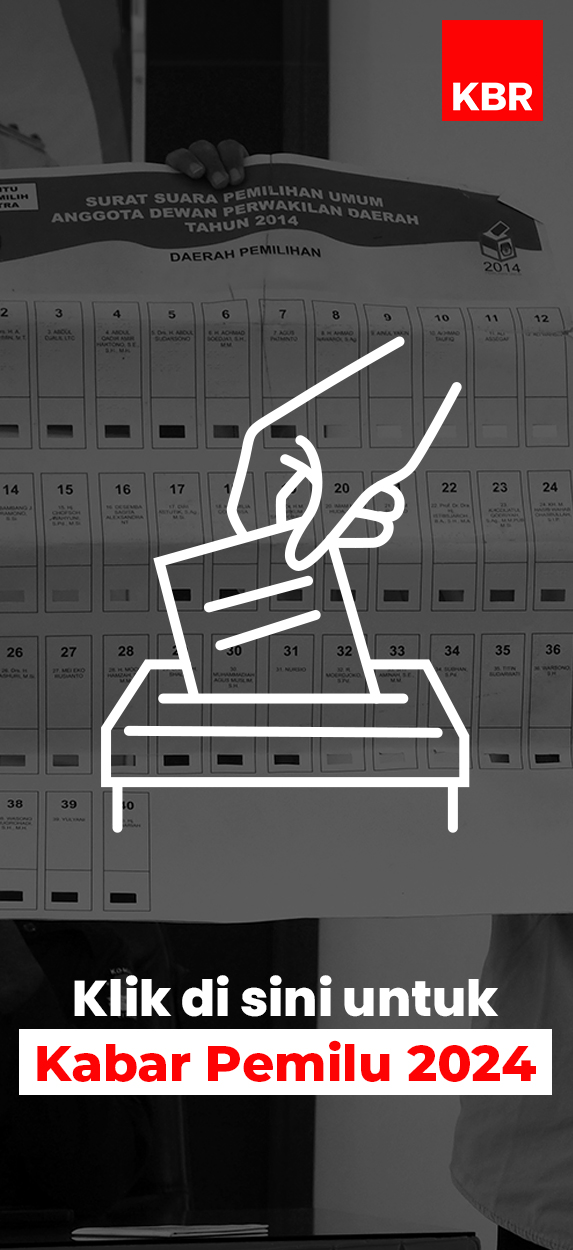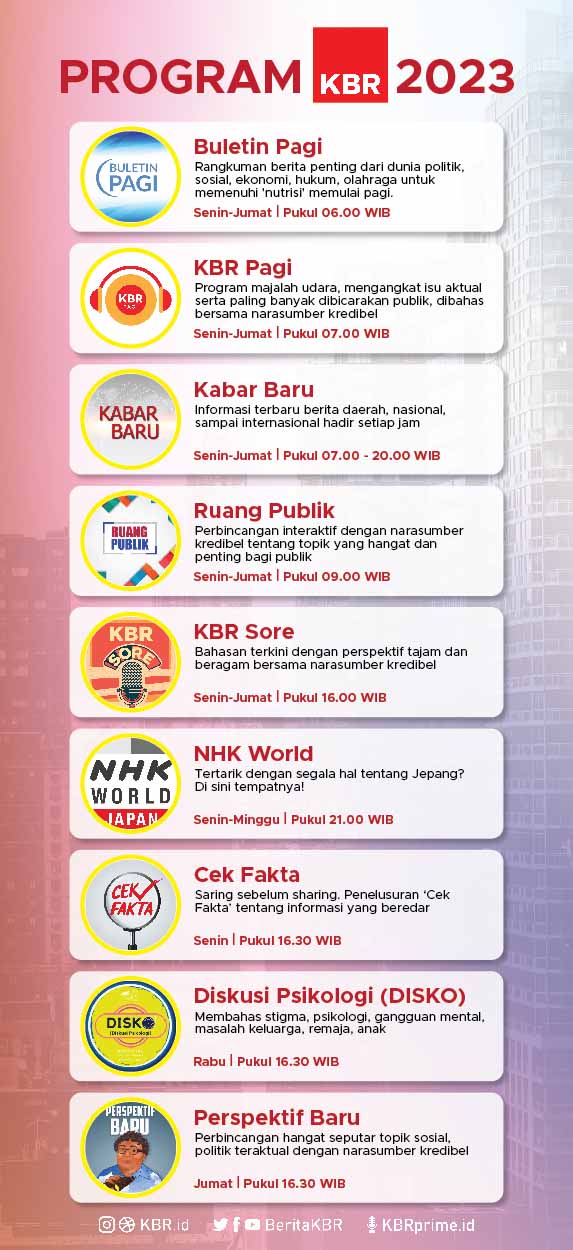The online community in Singapore is furious with a new licensing regulation for news websites that took effect this month.
More than 2,000 people are here at Singapore’s Hong Lim Park to protest the new government regulations for news websites.
Led by a group of local bloggers called “Free My Internet”, this peaceful protest has some people carrying placards condemning the new rule.
The new regulations will affect websites that report on local news – and receive at least 50,000 unique visitors from Singapore a month. Sites selected to apply for the license will have to pay a deposit of nearly 40,000 US dollars. They will have to remove content within 24 hours’ notice if asked to do so by the government.
And if they break the law, they may be fined up to about 160 thousand US dollars or a get a jail sentence of up to 3 years or both.
Before the protest, more than 100 local bloggers held a 24-hour “blackout” protest... replacing homepages with black screens and the words “Free My Internet”.
So far - ten commercial news websites have been asked to apply for the license, mostly linked to the government.
But bloggers are worried that it will also be applied to personal blogs and alternative news media often critical of the government.
Choo Zheng Xi is the co-founder of “The Online Citizen”, a popular social political news site.
“They have given us some non-binding reassurances which run contrary to what the actual law says. The actual law defines a Singapore news programme as everything under the sun. So when they say it will apply only to news sites, this cannot give Singaporeans any sort of confidence because the way they framed the legislationcatches everyone and now the threat of regulation is upon every Singaporean, who blogs, who writes, who cares, about what he consumes on the internet.”
But the government insists the changes will NOT affect blogs and personal commentaries.
They say the new rules are about regulating the online media in the same way the traditional press is.
Head of the Government Parliamentary Committee for Information and Communication Zaqy Mohammad says the law is needed to curb content such as pornography and controversial topics on race and religion.
“And even today if you look at the region where we live in, it’s a volatile region with respect to if you talk about religion and race. And I think this is where we also want to avoid any religious or racial discourse.”
And he thinks the critics are over reacting.
“Nothing in the existing regulations today covers blogs, commentaries, even commentators in the online space,” Zaqy assures.
“So in a certain sense, a lot of these, I suppose, bloggers, will have certain fears. At this point, there is no need to fear, given the intent and the light touch that the government is committed to the Internet space.”
But the recent report from Reporters Without Borders ranks Singapore 149 out of 179 countries when it comes to press freedom.
And veteran editor and well-known political analyst PN Balji says there might be other websites pushed to apply for the license in the future...
“It’s a very smart government,” he says.
“It’s not going to come out with any rules that will directly hit all the websites at one go. So what it has done is, it has put a sword above a lot of these websites, that if they for some reason, misbehave or cross the line, then they have the power to go and say, “I am now licensing you, put up a 50 thousand Singaporean Dollar deposit.”
Critis also argue that the new rules were passed without a debate in Parliament and also point to a lack of consultation with the online community.
Calvin Cheng is a former nominated member of parliament in Singapore. He says critics of the new rules shound look at the silver lining.
“They should instead see this as an opportunity for there to be a credible, professionally run online news site that is not already state owned. There is actually an opportunity for media entrepreneurs in Singapore to set up a professionally run, well-financed online website like the likes of The Huffington Post and employ professional full time journalists instead of relying on volunteers and provide a real credible alternative news website.
But analyst PN Balji believes the government might be introducing these rules now with regards to the next general election which is to be held by 2016.
“In the last election, the Internet media played quite a big role and as we have seen in the last election, this was one of the worst results for the ruling party with a historic low of 60.1 per cent in popular votes. So, the online media was not just doing factual reporting but they were also exposing a number of things, in a way going into a kind of campaign journalism which I think why a lot of people went to those online sites. At the same time, mainstream media was not reporting many of these things which then made the public feel that there is some truth to what the online media was saying.”
Organisers of the protest say they will continue their efforts to get the new rules revoked.
Singapore Bloggers Protest Against Online News Media License
The online community in Singapore is furious with a new licensing regulation for news websites that took effect this month.

INDONESIA
Kamis, 11 Jul 2013 09:28 WIB


Singapore bloggers protest new media rule, new online rule in Singapore, media censorship in Singapore
Kirim pesan ke kami
WhatsappRecent KBR Prime Podcast
Kabar Baru Jam 7
Strategi Perempuan Pengemudi Ojol Mengatasi Cuaca Ekstrem (Bag.4)
Arab Saudi Bangun Taman Hiburan Bertema Minyak di Tengah Laut
Menguji Gagasan Pangan Cawapres
Mahfud MD akan Mundur dari Menkopolhukam, Jokowi: Saya Sangat Hargai




